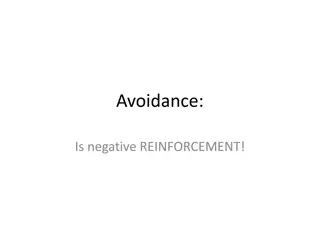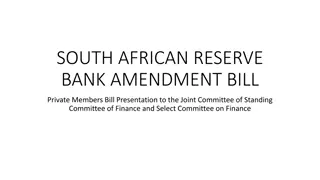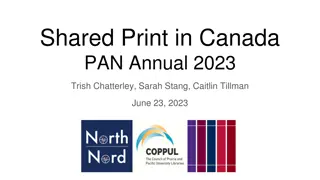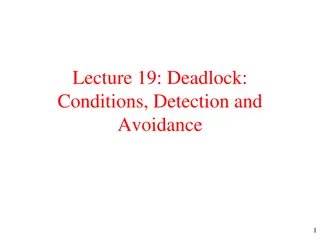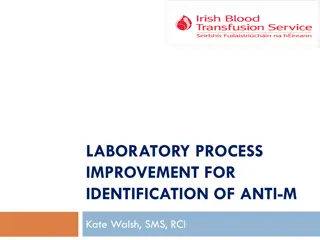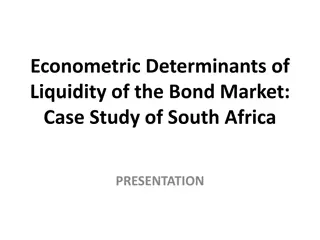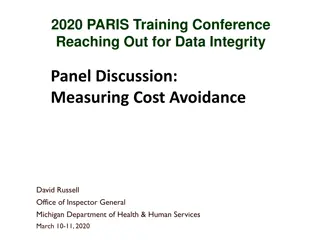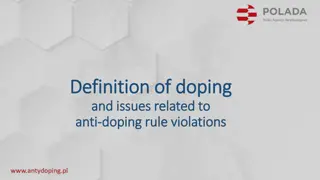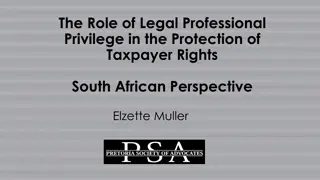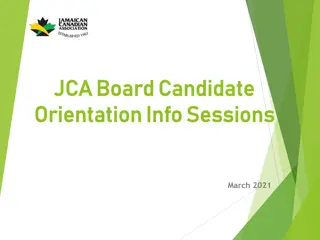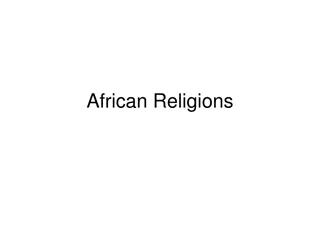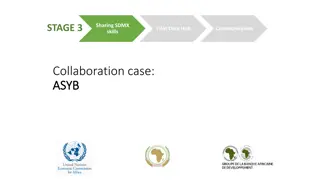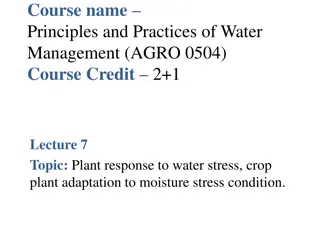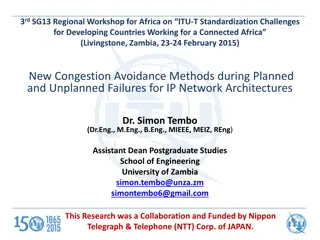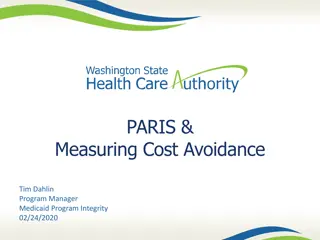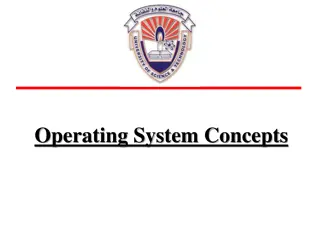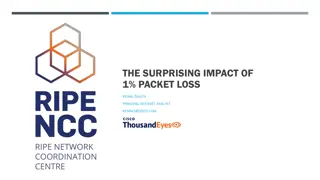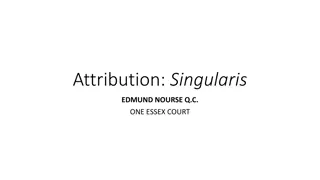Overview of Canadian and South African General Anti-Avoidance Rules (GAARs)
This review discusses the General Anti-Avoidance Rules (GAARs) in Canada and South Africa, focusing on the criteria for identifying avoidance transactions and impermissible avoidance arrangements. The Canadian GAAR targets transactions seeking tax benefits, while the South African GAAR focuses on business contexts lacking commercial substance or deviating from normal business practices for tax benefits.
Download Presentation

Please find below an Image/Link to download the presentation.
The content on the website is provided AS IS for your information and personal use only. It may not be sold, licensed, or shared on other websites without obtaining consent from the author. Download presentation by click this link. If you encounter any issues during the download, it is possible that the publisher has removed the file from their server.
E N D
Presentation Transcript
Review and discussion of selected GAARs 11 June 2019, Session 2 Capacity Building Unit Financing for Sustainable Development Office Department of Economic and Social Affairs 1 http://www.un.org/esa/ffd/
Canadian GAAR Where a transaction is an avoidance transaction, the tax consequences to a person shall be determined as is reasonable in the circumstances in order to deny a tax benefit that, but for this section, would result, directly or indirectly, from that transaction or from a series of transactions that includes that transaction. 2
Canadian GAAR An avoidance transaction means any transaction: (a) that, but for this section, would result, directly or indirectly, in a tax benefit, unless the transaction may reasonably be considered to have been undertaken or arranged primarily for bona fide purposes other than to obtain the tax benefit; or 3
Canadian GAAR (b) that is part of a series of transactions, which series, but for this section, would result, directly or indirectly, in a tax benefit, unless the transaction may reasonably be considered to have been undertaken or arranged primarily for bona fide purposes other than to obtain the tax benefit 4
Canadian GAAR Subsection (2) applies to a transaction only if it may reasonably be considered that the transaction (a) would, if this Act were read without reference to this section, result directly or indirectly in a misuse of the provisions of any one or more of [the Act, the regulations adopted under the Act,] a tax treaty, or any other enactment that is relevant in computing tax or (b) would result directly or indirectly in an abuse having regard to those provisions, other than this section, read as a whole. 5
South African GAAR An avoidance arrangement is an impermissible avoidance arrangement if its sole or main purpose was to obtain a tax benefit and (a) in the context of business (i) it was entered into or carried out by means or in a manner which would not normally be employed for bona fide business purposes, other than obtaining a tax benefit; or (ii) it lacks commercial substance, in whole or in part, 6
South African GAAR (b) in a context other than business, it was entered into or carried out by means or in a manner which would not normally be employed for bona fide business purposes, other than obtaining a tax benefit; 7
South African GAAR (c) (i) it has created rights or obligations that would not normally be created between persons dealing at arm s length; or (ii) it would result directly or indirectly in the misuse or abuse of the provisions of this Act in any context 8
Hong Kong GAAR (1) transaction has been entered into or effected . . . and that transaction has, or would have had but for this section, the effect of conferring a tax benefit on a person, and having regard to [several listed factors] it would be concluded that the person, or one of the persons, who entered into or carried out the transaction, did so for the sole or dominant purpose of enabling the relevant person, either alone or in conjunction with other persons, to obtain a tax benefit. This section shall apply where any 9
Indian GAAR 95. Applicability of General Anti-Avoidance Rule. Notwithstanding anything contained in the Act, an arrangement entered into by an assessee may be declared to be an impermissible avoidance arrangement and the consequence in relation to tax arising therefrom may be determined subject to the provisions of this Chapter. 10
Indian GAAR 96. Impermissible avoidance arrangement. (1) An impermissible avoidance arrangement means an arrangement, the main purpose of which is to obtain a tax benefit, and it a) creates rights, or obligations, which are not ordinarily created between persons dealing at arm's length; b) results, directly or indirectly, in the misuse, or abuse, of the provisions of this Act; c) lacks commercial substance or is deemed to lack commercial substance under section 97, in whole or in part; or d) is entered into, or carried out, by means, or in a manner, which are not ordinarily employed for bona fide purposes. 11
European Union Council Directive (EU) 2016/1164 of 12 July 2016 laying down rules against tax avoidance practices that directly affect the functioning of the internal market Article 6 - General anti-abuse rule 12
European Union 1. Member State shall ignore an arrangement or a series of arrangements which, having been put into place for the main purpose or one of the main purposes of obtaining a tax advantage that defeats the object or purpose of the applicable tax law, are not genuine having regard to all relevant facts and circumstances. An arrangement may comprise more than one step or part. 2. For the purposes of paragraph 1, an arrangement or a series thereof shall be regarded as non-genuine to the extent that they are not put into place for valid commercial reasons which reflect economic reality. 3. Where arrangements or a series thereof are ignored in accordance with paragraph 1, the tax liability shall be calculated in accordance with national law. For the purposes of calculating the corporate tax liability, a 13
Article 29(9) UN Model Notwithstanding the other provisions of this Convention, a benefit under this Convention shall not be granted in respect of an item of income or capital if it is reasonable to conclude, having regard to all relevant facts and circumstances, that obtaining that benefit was one of the principal purposes of any arrangement or transaction that resulted directly or indirectly in that benefit, unless it is established that granting that benefit in these circumstances would be in accordance with the object and purpose of the relevant provisions of this Convention. 14
Thank you TaxffdCapDev@un.org 15 http://www.un.org/esa/ffd/


